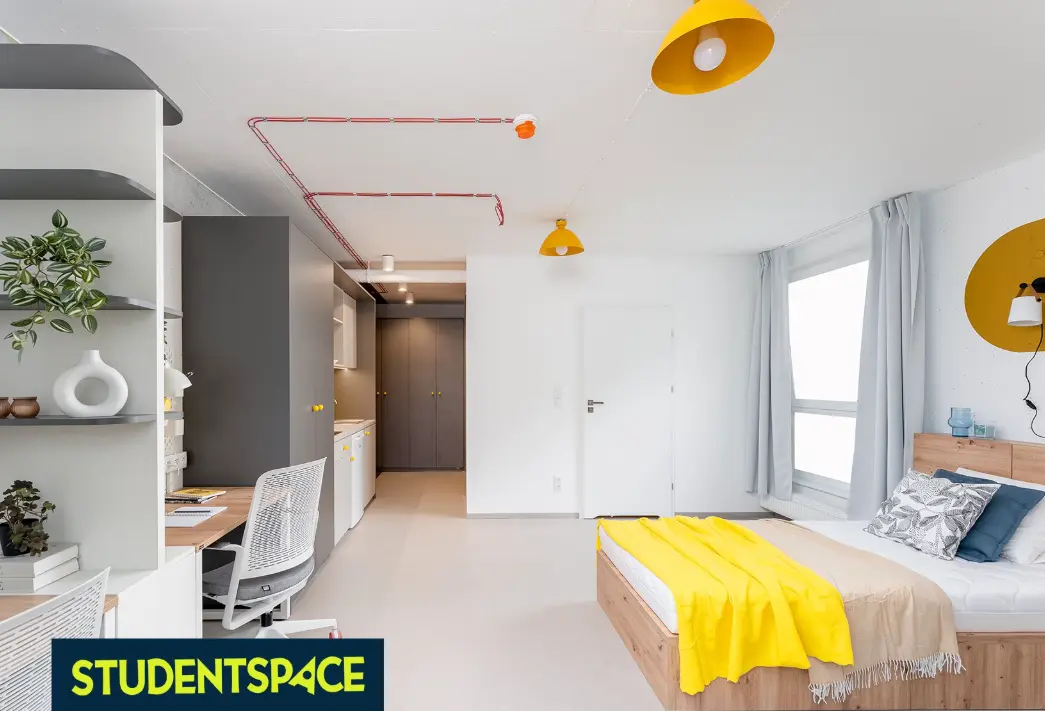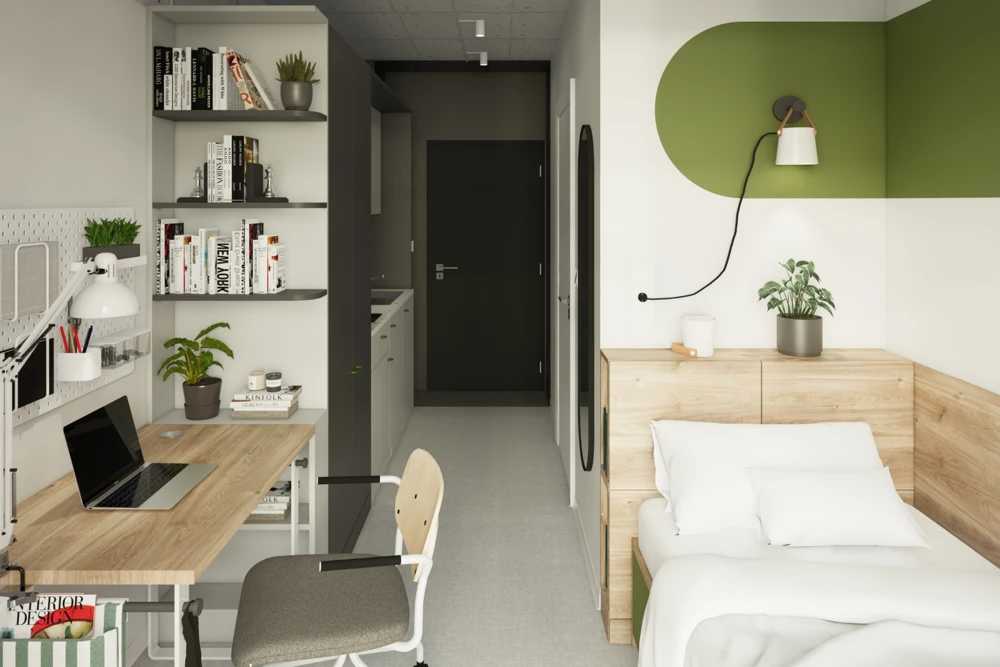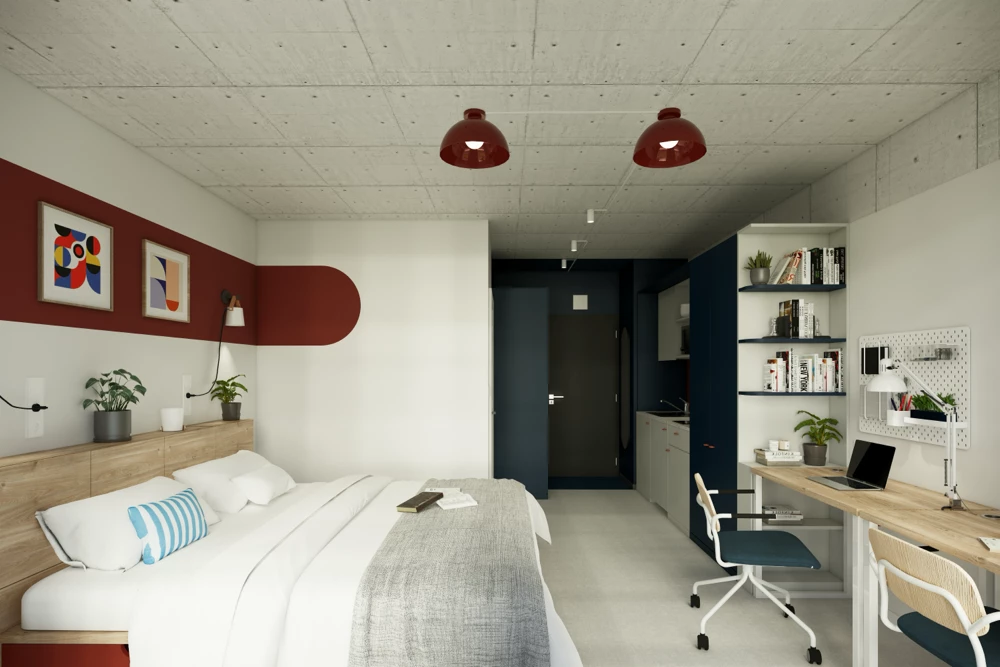
In this article, you'll find specific information about the costs of studying in Poland — both at public and private universities, in full-time and part-time modes. You'll learn who doesn't pay tuition, when you need to budget for fees, and what the real costs of education look like.
Are Studies in Poland Paid? Basic Rules
In the Polish higher education system, the rule is that full-time studies at public universities are free — but only for people who are undertaking education at a given level for the first time. If you're starting your first bachelor's or engineering degree in full-time mode, you don't pay tuition.
Exceptions occur when a student enrolls in a second program simultaneously or exceeds the standard time allocated for completing studies. In such cases, the university has the right to charge fees as specified in their internal regulations.
The situation looks different for part-time studies (evening or weekend programs) and private universities. There, education is typically paid regardless of whether it's your first degree or an additional one.
So the rule is simple: if you're studying full-time, for the first time, and at a public university — you don't pay. In other cases, tuition may be mandatory.
How Much Do Full-Time Studies at Public Universities Cost?
Full-time studies at public universities are free for people starting education in their first program. This means that if you're a high school graduate enrolling in bachelor's or engineering studies, you won't pay tuition — provided you don't exceed the expected program duration.
Exceptions to this rule appear when a student enrolls in a second program simultaneously, repeats a semester, or extends studies beyond the standard time. In such cases, the university may charge fees according to their price list. For example, repeating a subject may cost 100 to 400 PLN per semester, and an additional makeup exam — around 200 PLN.
Although the classes themselves are free, students should budget for other costs. These include fees for student ID, textbooks, teaching materials, or access to some educational platforms. These expenses usually don't exceed several hundred PLN per year, but may vary depending on the program and university.
Part-Time and Evening Studies — How Much Do You Pay for Flexibility?
Part-time studies, including evening and weekend programs, are paid regardless of whether they take place at public or private universities. The main reason is the lack of state budget financing, which only covers full-time studies.
Tuition costs differ depending on the program, city, and university, but usually range from 1,500 PLN to 8,000 PLN per semester. Humanities programs are typically cheaper (around 2,000–3,500 PLN), while technical, medical, or law programs can cost significantly more.
In major academic centers like Warsaw, Krakow, or Wrocław, prices tend to be higher than in smaller cities. For example, part-time management studies may cost:
- around 2,500 PLN per semester in Lublin or Białystok;
- around 4,000–5,000 PLN per semester in Warsaw.
Tuition is usually paid in installments — monthly or per semester. Many universities offer flexible payment systems and the possibility of applying for social or academic scholarships that can cover part or all of the costs.
It's worth remembering that part-time studies are often the only option for working people or those living far from the university. Flexibility costs, but for many students, it's an investment that allows combining studies with professional life.
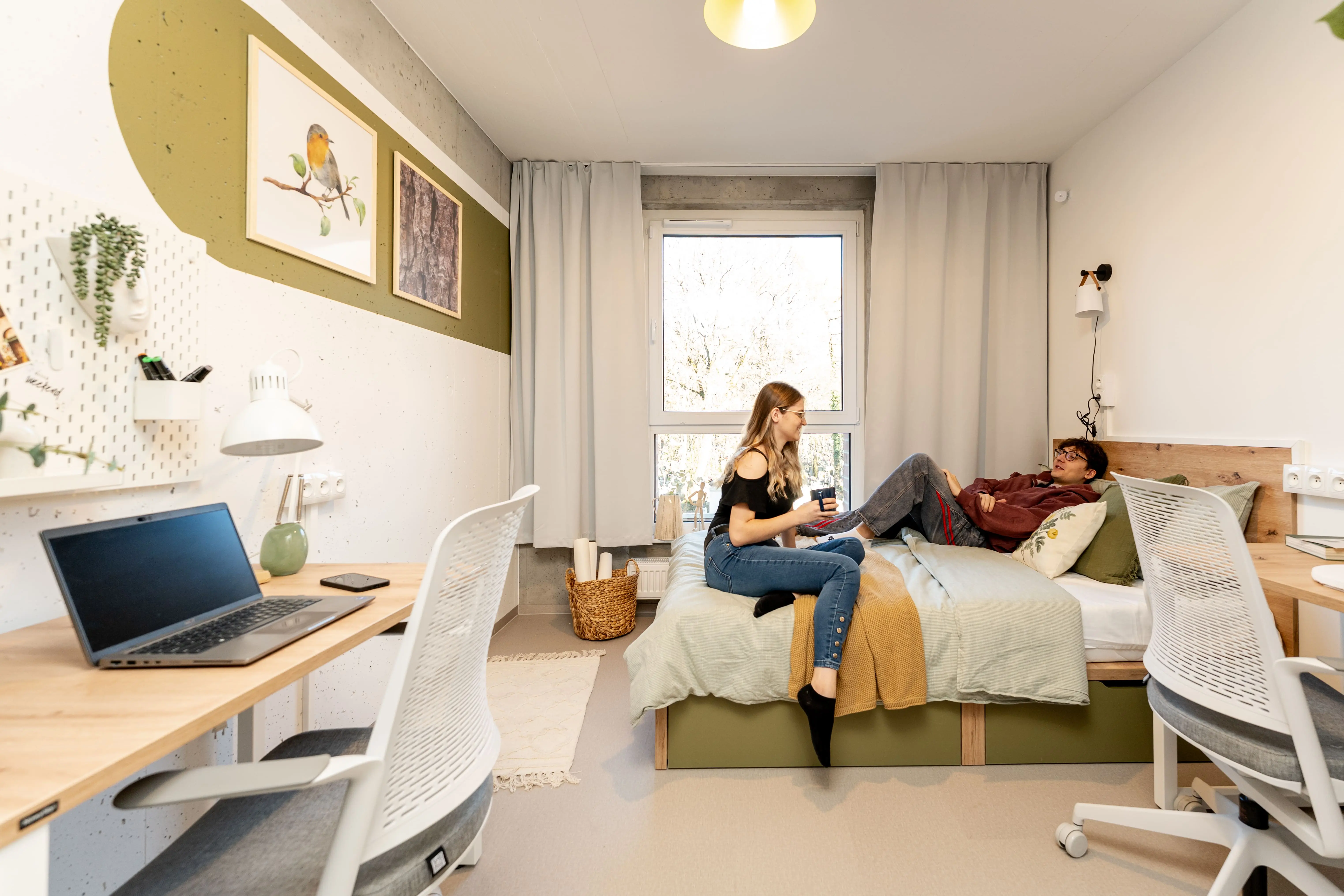
Private Studies — Prices and What They Offer in Return
Unlike public universities, studies at private universities are always paid regardless of the mode. Tuition depends on the university's prestige, program, and location — it usually ranges from 2,000 PLN to even 15,000 PLN per semester.
Lower rates (around 2,000–4,000 PLN) typically apply to humanities programs such as education, journalism, or management. For technical, legal, IT, or medical programs, prices are much higher — even 10,000–15,000 PLN per semester.
The cost of studies is also influenced by factors such as:
- modern infrastructure and classroom equipment;
- number of students in groups (often smaller than at public universities);
- practical approach to learning (workshops, case studies, internships);
- faculty with business experience;
- cooperation with companies and foreign universities.
Most private universities allow spreading payments into monthly installments and also offer academic, sports, and social scholarships. In many cases, you can also apply for funding from external funds or EU programs.
Although private university costs can be high, many people choose them because of the large number of attractive programs, organizational flexibility, and practical approach to learning.
Master's Studies — Do You Have to Pay for Them?
Master's studies, or second-cycle studies, can also be free — but only if they take place in full-time mode at a public university and are the first such program within second-cycle studies. This means that if you continue from bachelor's to master's within one university and one specialization, you don't incur tuition costs.
Fees appear in situations similar to first-cycle studies: when a student undertakes a second program simultaneously, exceeds the standard study time, or switches to part-time studies. Then tuition usually costs 2,000 to 9,000 PLN per semester, depending on the university and program.
It's also worth mentioning uniform master's studies — such as law, medicine, or psychology. These usually last 5–6 years and are free in full-time mode, as long as the student doesn't exceed specified time limits.
Postgraduate studies and MBA programs are a completely separate category. They are always paid, regardless of the university. The cost of such programs can range from 3,000 PLN to even 40,000 PLN for the entire study cycle, depending on the school's prestige, duration, and class format.
Summary
Remember that tuition and administrative fees are only part of the expenses you need to consider when planning studies. Even if you choose free full-time studies, living costs are added, which can significantly burden a student's budget — especially when they involve moving to another city. Apartment rental, transportation, food, or purchasing study materials are real expenses worth considering in advance.
Looking for a comfortable and modern place to live during your studies? Check out room offers in private StudentSpace residences in Krakow — it's comfort, security, and full support in daily functioning, without unpleasant surprises.
Explore more tips and insights for students
Book your space in a private student dorm close to your university.


We are waiting for you
at StudentSpace







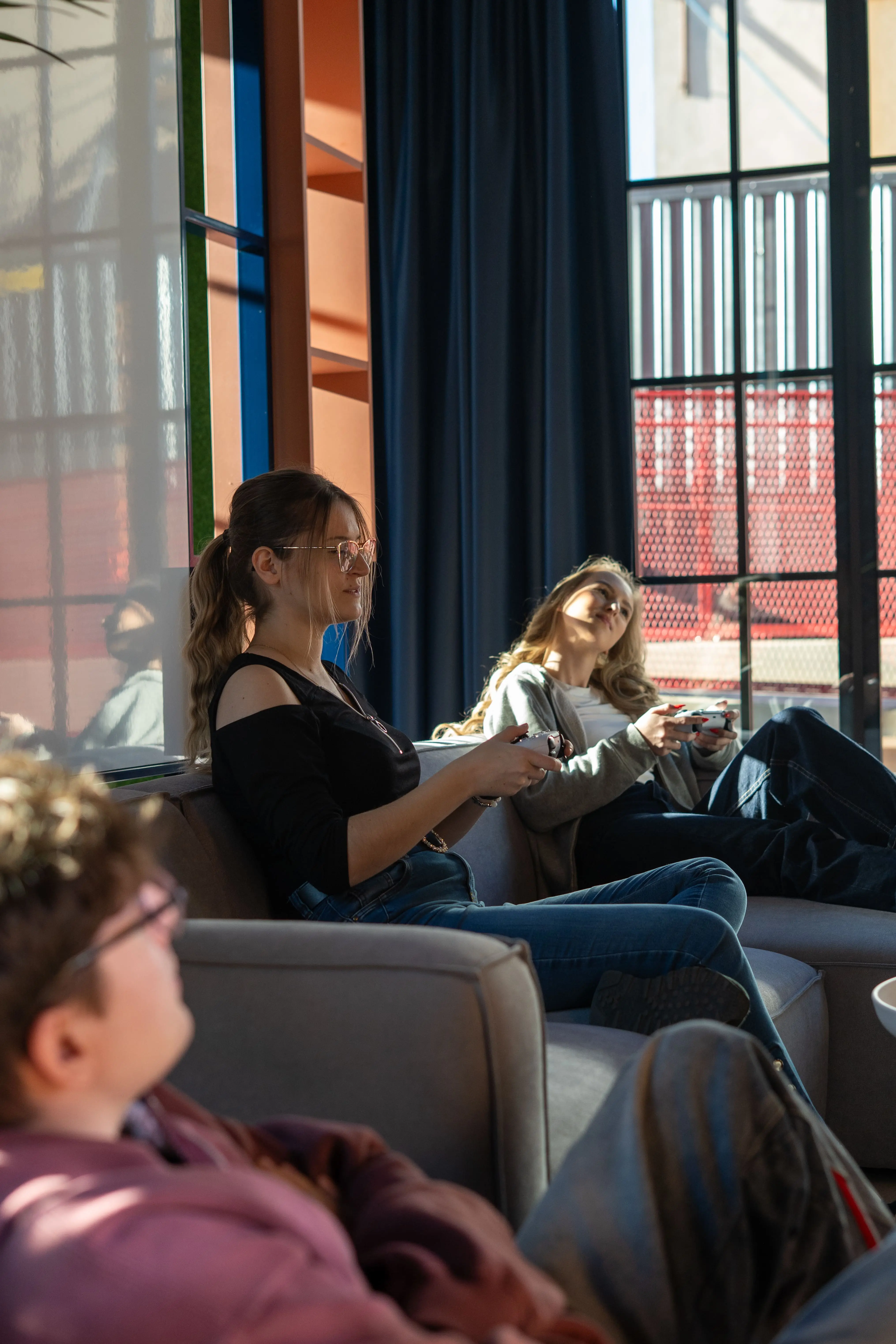
.webp)




